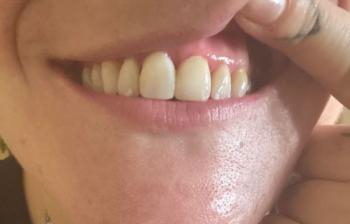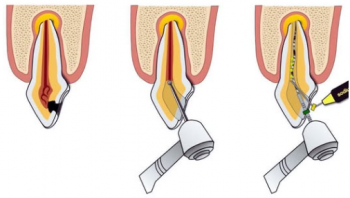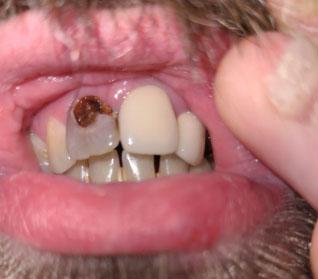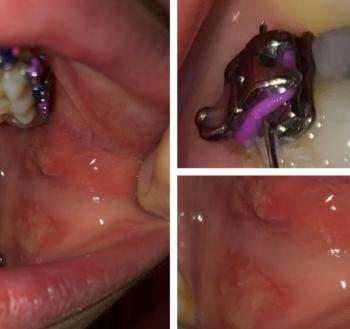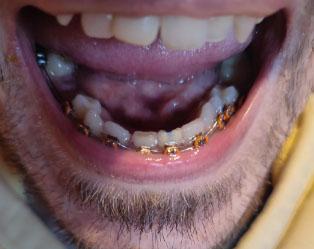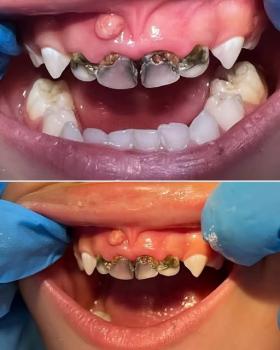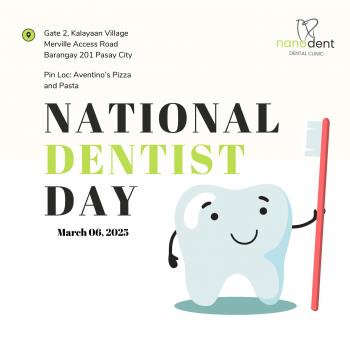Healthy Teeth, Happy Life.
Why Toothaches Get Worse at Night (Science-Backed Reasons & Urgent Fixes)
Language :

Why Toothache Gets Worse at Night: The Science Behind Your Midnight Dental Misery. If you’ve ever clutched your jaw in agony at 2 AM, you know: Nighttime tooth pain hits differently. That throbbing isn’t your imagination—it’s anatomy in action. Here’s why your toothache transforms into a nightmare after dark.
The Gravity of the Situation: Why Position Matters
When you lie down:
-
Blood rushes to your head, increasing pressure in the tooth’s pulp chamber (the small space housing nerves and blood vessels).
-
Inflamed tissue swells against rigid tooth walls with nowhere to expand.
-
Nerve endings compress, triggering intense, rhythmic throbbing.
"It feels like my heartbeat is inside my tooth—pounding harder the longer I stay horizontal." – Actual patient description
The Perfect Storm of Nighttime Pain
Three factors amplify after-hours agony:
-
Biological Pressure Surge
-
Daytime: Upright posture helps drain fluids from the head
-
Nighttime: 20-30% increased blood flow to inflamed areas
-
-
Nerve Hyperactivity
-
Inflamed dental nerves (pulpitis) overreact to pressure changes
-
Body’s natural cortisol (pain-modulating hormone) drops at night
-
-
Sensory Amplification
-
Quiet environment removes daytime distractions
-
Brain processes pain signals more intensely during rest
-
What Your Night Pain Reveals
| Pain Characteristic | Likely Issue | Urgency Level |
|---|---|---|
| Throbbing that worsens when lying down | Irreversible pulpitis | Emergency (needs root canal) |
| Sharp pain when biting | Cracked tooth/abscess | 48-hour urgency |
| Dull ache spreading to jaw | Sinus pressure/grinding | Schedule soon |
Pro Tip: Try sleeping semi-upright with extra pillows. If this reduces pain, it confirms pressure-related inflammation.
Expert Advice: Don’t Wait Till Morning
"Nighttime exacerbation often means the pulp is dying," warns Dr. Elena Santos, endodontist. "The longer you delay, the higher your risk for:
-
Abscess formation (pus pocket at root tip)
-
Bone infection (osteomyelitis)
-
Facial swelling that can compromise airways"
Immediate Action Steps:
-
Take ibuprofen (reduces inflammation better than acetaminophen)
-
Apply cold compress to cheek (15 mins on/off)
-
Use clove oil (eugenol) as temporary numbing agent
-
Call your dentist at first light – This pain pattern rarely resolves without treatment
When It’s More Than "Just a Toothache"
Seek emergency care if you experience:
☑️ Swelling that closes your eye or pushes your tongue up
☑️ Metallic taste (sign of ruptured abscess)
☑️ Fever over 101°F (38.3°C)
The Bottom Line
That after-hours agony is your tooth’s SOS signal. While temporary remedies can help, definitive treatment (usually root canal therapy) is typically the only way to stop the cycle. Your future self will thank you for scheduling that morning appointment.
This educational content cannot replace professional care. If symptoms persist, consult your dentist immediately.

